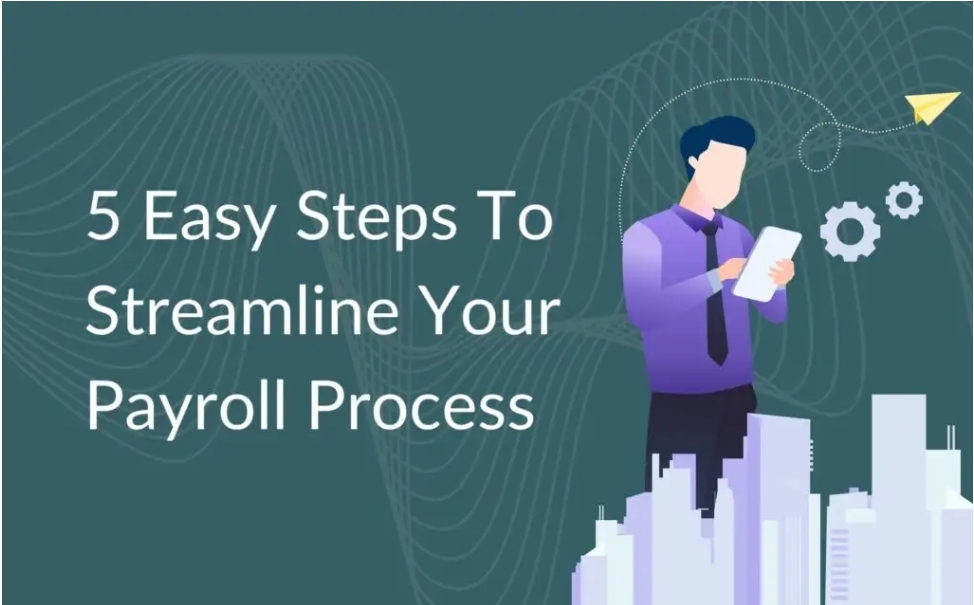Expert Guidance for Pharmacists on Getting a Better Mortgage Loan
While approximately one-third of all homebuyers pay for a home with cash, most potential homeowners are not in a position to do so. Despite earning high salaries and holding multiple degrees, many physicians, pharmacists, and other medical professionals are among the buyers that need a mortgage.
Pharmacists who want to buy a home early on in their career often find it difficult to save the money for a down payment. Between large amounts of student loan debt and a delayed career start due to years of med school and residency, the idea of becoming a homeowner may seem unrealistic. But it’s not.
If you’re a PharmD or RPh looking to become a homeowner, getting a mortgage can be easier than you may think. Here’s what pharmacists need to know to get a better mortgage loan.
Consider Applying for a Physician Mortgage
If you hold a PharmD or RPh degree, you don’t have to apply for a conventional mortgage as most homebuyers do. You have the benefit of securing a physician mortgage, which is only available to physicians, pharmacists, and select other medical professionals.
A physician mortgage, also called a doctor loan, is different from a conventional mortgage in many ways. There are big benefits to purchasing a home with a doctor’s loan.
No PMI
Conventional loans require you to make a down payment of at least 20% of the home price. If you put down less than 20% you must pay private mortgage insurance until your loan to value ratio drops to 80%.
Physician mortgages allow you to put less than 20% down and do not charge PMI fees.
Zero or Low Down Payments
You don’t have to make a 20% down payment with a doctor’s loan. In fact, sometimes you don’t have to make a down payment at all. Physician loan lenders offer low down payments up to about 10%, and some allow you to purchase a home with a zero down payment.
Student Loan Debt Isn’t a Factor
One of the factors that qualifies (or disqualifies) you from getting a mortgage is your debt-to-income ratio. Conventional lenders look for a DTI of less than 45%, which can be a hard number to hit with hundreds of thousands in student loan debt.
With a physician mortgage, your student loan debt doesn’t factor into the equation.
Improve Your Credit Score
When you apply for a mortgage, one of the first things the lender will look at is your credit score. Some lenders approve loans to potential homebuyers with scores as low as 640, but some require you to have a credit score of 700 or better.
If your credit score is below 700, take the steps to improve it before you apply for a home loan. This article explores the nine top ways to improve your credit score fast.
The higher your credit score, the more likely you are to pay your mortgage on time — and that’s what lenders want. Higher credit scores are an indication of creditworthiness and make you a lower risk buyer in the bank’s eyes. Low risk buyers are often rewarded with lower interest rates.
Lower Your Debt-to-Income Ratio
As mentioned earlier, physician mortgage lenders don’t factor your student loan debt into your debt-to-income ratio. But student loan debt aside, your DTI might still be too high.
If you have a lot of credit card debt or make high monthly payments on personal or auto loans, try to eradicate some of those debts before you apply for a mortgage. A lower DTI makes you more favorable to lenders because there’s less chance you’ll default on the loan.
Like your credit score, a lower DTI can help you get a better interest rate, whether you apply for a physician mortgage or choose to go the conventional route.
Identify the Right Lenders
If you plan to apply for a doctor loan, the first step is to identify the lenders that extend these unique loans to pharmacists. While all physician loan lenders offer them to MDs, there are only a few that offer them to pharmacists.
It also matters where you’re looking to buy a home. Some lenders operate in all fifty states, while some only offer loans in specific regions of the country.
Read this article to discover which lenders give doctor loans to RPh and PharmD professionals.
Compare Rates from Multiple Lenders
No matter how great the terms and rates of a loan offer may seem, it’s always best to compare lenders before making your final decision. Even a 0.25% difference in your interest rate can potentially save you thousands of dollars over the life of your loan.
In Conclusion
If you’re ready to buy a home but haven’t yet been able to save for the down payment, it’s time to consider a physician mortgage. With a good credit score, a low debt-to-income ratio, and the right lender on your side, becoming a homeowner doesn’t have to be a distant dream — it can be your reality in a matter of months.






